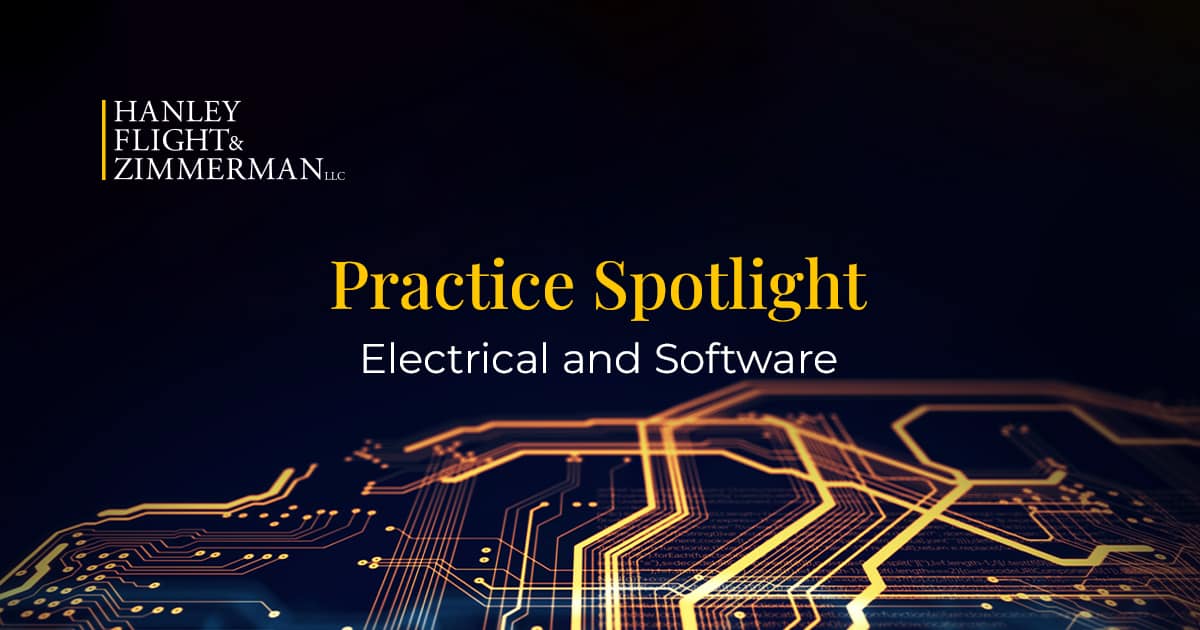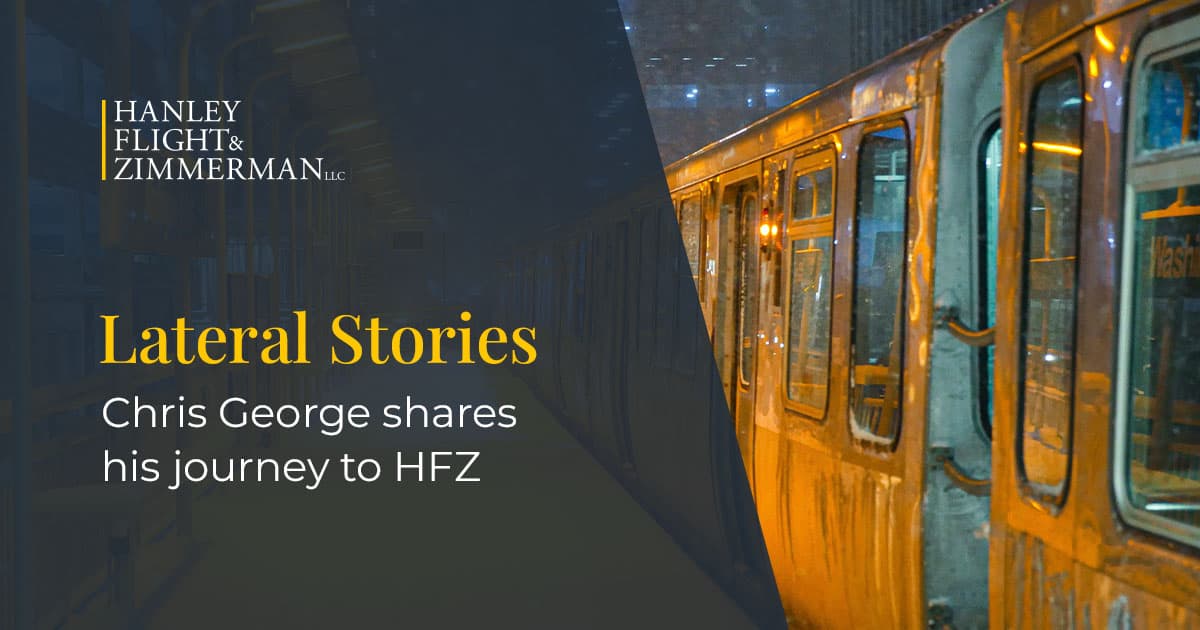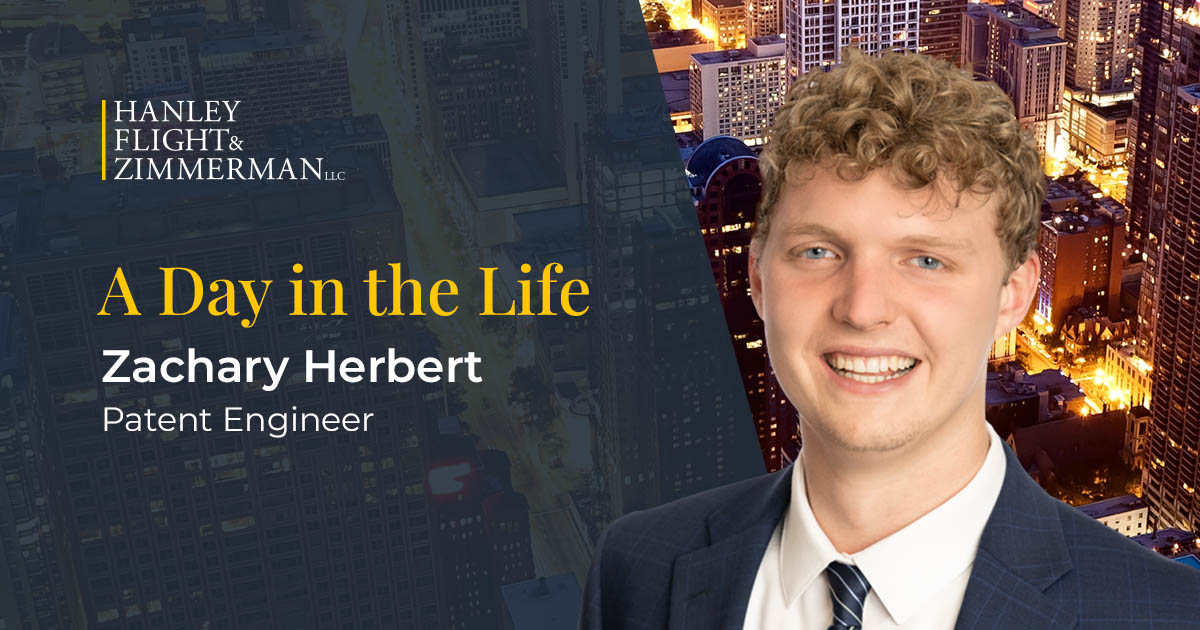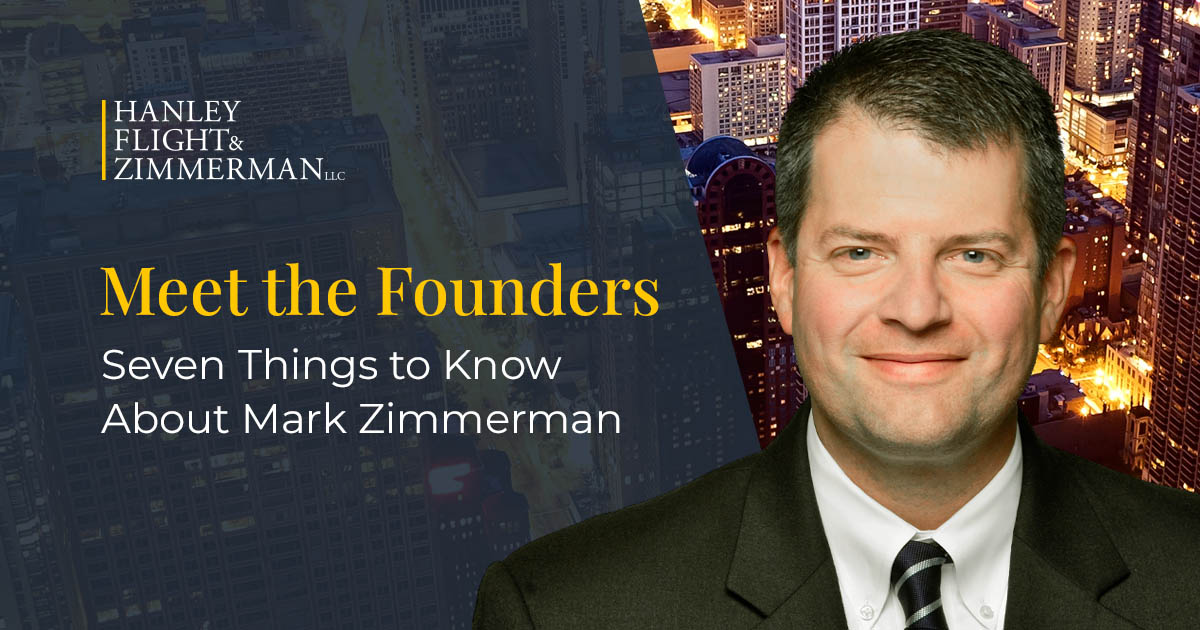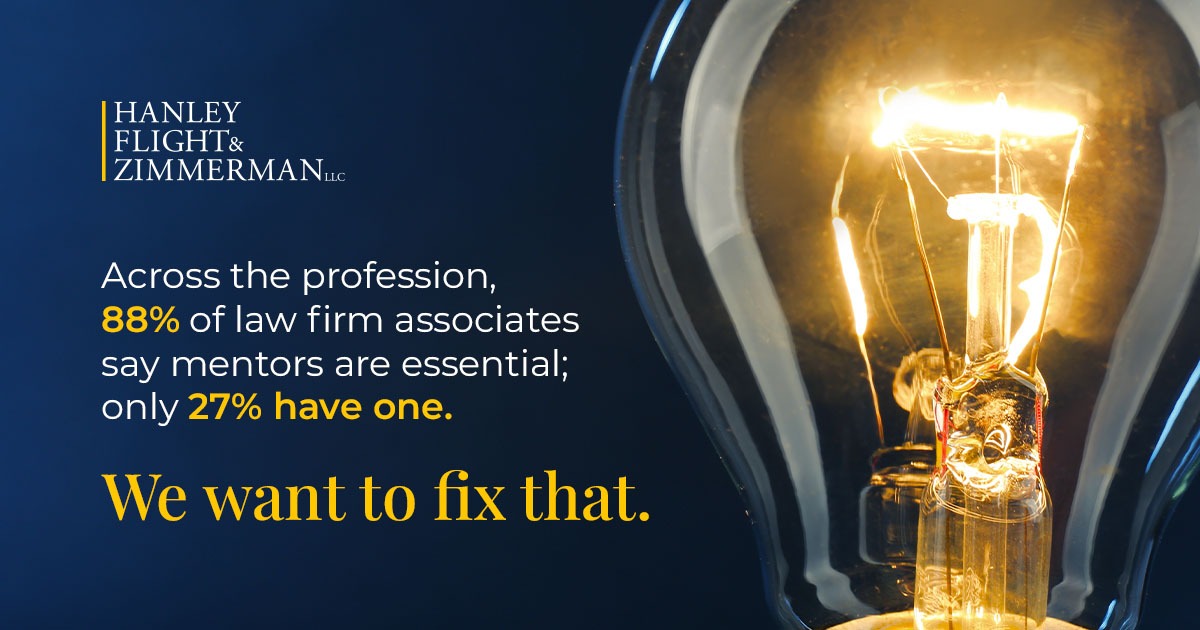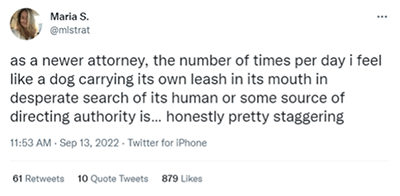Electrical and software inventions and innovations are embedded all around us, powering critical tools for everyday life, in our homes and offices, our entertainment and communication devices, and the cars, trucks, buses, planes and trains we travel in.
So it makes sense that nearly half of the Hanley Flight & Zimmerman patent prosecution team is devoted to the electrical and software space.
HFZ’s Electrical and Software group includes nearly two dozen patent attorneys, agents and engineers. The professionals in this group have practical experience as engineers in industry, some with inventions and patents of their own, as well as university-level research.
One of the leaders of the group is Mark Hanley, one of HFZ’s three founding members. Before becoming a patent attorney, he was an electrical engineer for more than a decade, specializing in switching power supplies, analog circuitry, and a variety of pressure, temperature, and position transducers. He also was an inventor on several patents relating to piezoelectric biomorphs.
“We have quite a concentration of electrical and software practitioners,” Mark says of his team. “This practice group can handle a wide variety of technology.”
The variety of work that electrical and software patent clients send to HFZ is a reason he and the HFZ team enjoy working here.
“It’s not just chips, chips and chips. It’s a mix of things,” Mark says. “We have a number of other clients so there’s always a mix of work coming in.”
Not that HFZ doesn’t work with chips. The Electrical and Software group regularly handles patents involving semiconductors used in communications devices and power management for laptops and mobile devices, as well as integrated circuitry and processor architecture.
In addition to core electrical clients, the firm has clients in other fields that innovate in the electrical space. For example, HFZ’s software clients include McAfee, VMWare, and others.
Other well-known companies such as Boeing, Ford, and GE trust HFZ with their patent needs, and their innovations often cross disciplines.
“When a company sends you a new product, or an invention disclosure associated with a new product, it’s not surprising that it’s multidisciplinary,” Mark says.
“The person handling that invention disclosure and preparing the patent application has to understand mechanical, electrical and software aspects of that product. And we’re working with a lot of clients that are leading in many areas right now.
“Our clients are discerning buyers. They can pick and choose who they work with, and they know what good work looks like. They’re obviously very patent savvy.”
While HFZ’s patent practice is focused on prosecution and counseling, the firm’s attorneys have experience in litigation as well as post-grant proceedings at the U.S. Patent and Trademark Office. At the heart of HFZ’s philosophy is to draft patents that will withstand challenges.
“The clients give us great feedback. They’re very happy with our work,” he said. “I’m pretty proud to hear things from some of these bigger companies, like ‘You’re our favorite prosecution firm in the country.’”
Serious, flexible and determined are three words Mark uses to describe working in HFZ’s Electrical and Software group.
“We’re serious about the work,” he says. “But we’re very flexible toward individuals and what’s happening with them personally. And we are determined to make it work for our clients. We don’t give up and we achieve successful outcomes for our clients.”

